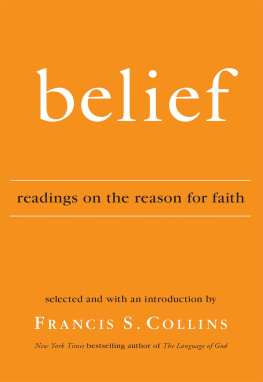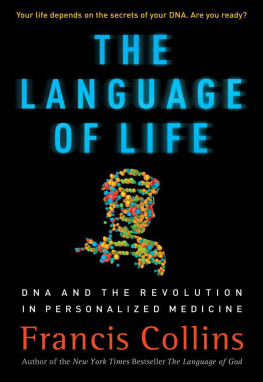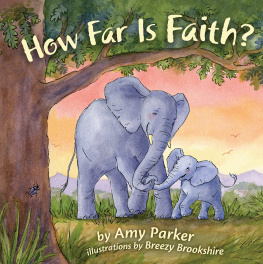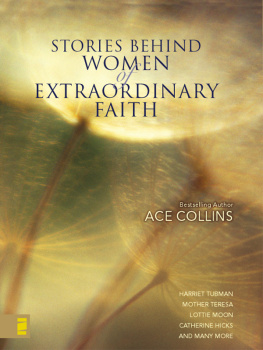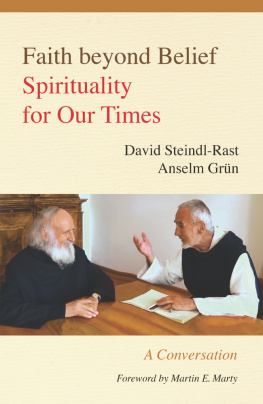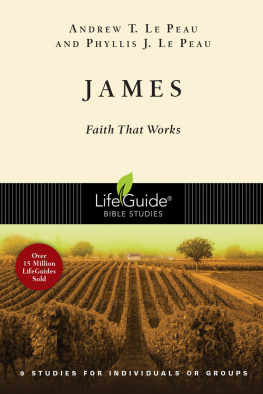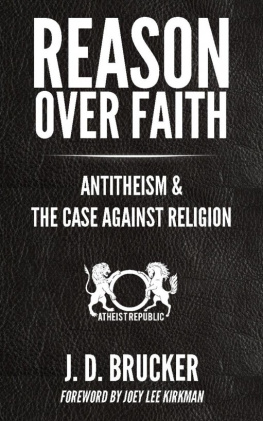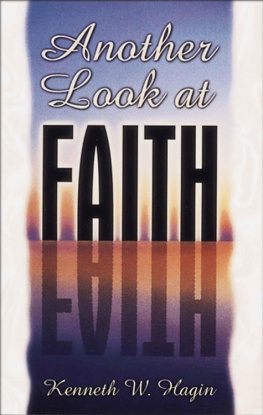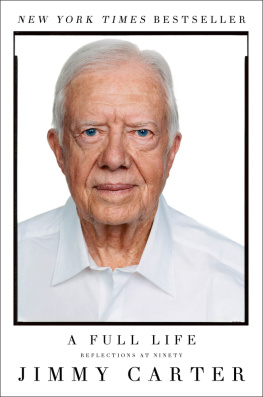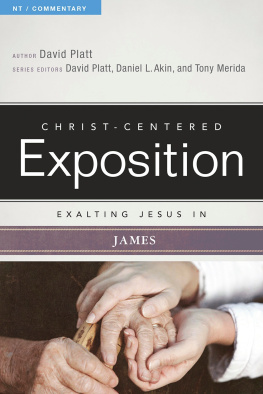A T THE TOP of my stairway, positioned so that I pass it several times a day, is a verse from the Bible that has been elegantly rendered and decorated by my daughter. If any man lacks wisdom, says the quote from the book of James, let him ask of God, who gives to all willingly and without reproach, and it will be given to him. The verse powerfully points to the connection between faith and reason. But it also presumes the seeker of wisdom already has some sense of the Divine, and knows where to go for help. A more fundamental question is whether God exists at all.
Is there a God? has to be the most central and profound question we humans ask. Perhaps you have heard some say that this query cannot really be approached by reason. You just have to have faith is often the response an earnest seeker receives. But many people down through the ages have found that answer unsatisfying. Sure, they admit, you cant prove Gods existence, or we would all be committed believers in lockstep to some universal faithbut how interesting would that be?
Very wellso absolute proof of Gods existence is not going to be available in this life. But that doesnt mean deeply rational arguments for faith are not available for inspection and debate by interested believers, seekers, and skeptics. In fact, there is a fascinating range of literature available to assist the curious mind, some of it extending back many centuries.
This anthology on the subject of belief aims to provide a sampler of that rich intellectual tradition. If a potential adventure into these deep but refreshing waters intrigues you, then this collection is for you. Within these pages you will find the reflections of many of the worlds greatest thinkers, from Plato to Pascal to Plantinga, and many others in between. Some of the excerpts will require more than one reading to digest. Others will resonate immediately with your experience, perhaps clarifying truths that you already sensed but never quite articulated. Some entries will be heartrending in their honesty about the tragic imperfections of the human condition, and the deep longing for something better. A few essays will make you smile, or even laugh out loud.
By picking up this book, you are displaying a welcome curiosity. But you are also countering several current trends. The increasingly secular Western world seems to be losing touch with the long history of intellectual arguments supporting a rational basis for faith. Our postmodern culture questions whether there is such a thing as absolute truth, and our philosophers cast doubt on the foundations of morality. We increasingly hear from those who borrow the latest findings from science to argue that humans are purely naturalistic beings. While these arguments may hold sway in academic circles, they generally fail to resonate with the general public.
All is not well in the church either. In the United States, 85 percent of Americans profess belief in God. But the percentage of believers is declining, and a sense of restlessness can be found in many faith communities. Many factors are contributing to this malaisethe sense that the church is out of touch with modern life, the stories of church leaders caught in acts of hypocrisy, the unfortunate linkage of large components of the U.S. Christian church to political agendas that project a narrow-minded and unloving image, the aggressive attacks by vociferous members of the New Atheist community, and the fear of the consequences of religious fundamentalism in the wake of 9/11. But for many young seekers and believers hungry for an understanding of the basis of faith, the absence of a vibrant intellectual component, particularly in the evangelical Christian church, is another significant factor that makes faith relatively unappealing. Perhaps the most scathing indictment of this situation was put forward by Mark Noll in 1994. The scandal of the evangelical mind, he wrote in a book by that same name, is that there is not much of an evangelical mind. Speaking recently with Professor Noll, I gather that there hasnt been much reason since then for him to change his point of view. Among other goals, this book is a modest effort to help change that.
A Brief History of the Relationship of Faith and Reason
Deliberations about faith and reason stretch back many centuries. Leaders of the worlds great religionsfrom Moses to the Buddha to Confucius, Jesus, Augustine, Mohamed, Aquinas, and Maimonidesused rational arguments with great effectiveness to promote truths about faith and humankind. After a period of relative stagnation during the Middle Ages, the Renaissance brought scientific and theological explorations together in novel and highly productive ways. Theology was then called the Queen of the Sciences Kepler, Copernicus, and Galileo were all men of strong religious faith, even as they upset the prevailing geocentric applecart. And Isaac Newton produced more written materials on biblical interpretation than all of his groundbreaking contributions to physics and mathematics combined. Gravity, he wrote, explains the motions of the planets, but it cannot explain who set the planets in motion. God governs all things and knows all that is or can be done.
The harmony of faith and reason began to show serious cracks in Europe, however, as the Enlightenment and the associated rise of materialism took hold in the late eighteenth century. The primary basis for a rejection of religion at that time actually rested not so much on logical arguments, but on resistance to the oppressive authority of the church. Expressing the views of many at the onset of the French Revolution, Voltaire wrote, Is it any wonder that there are atheists in the world, when the church behaves so abominably? As resistance to religious perspectives continued to grow in the nineteenth century, Darwins theory of evolution upset the long-standing argument from design that had been a secure linchpin for the need for a Creator by theologians over the centuries. Philosophers joined the fray: Feuerbach proposed that God was nothing more than a human projection, and Freud adopted this same perspective in his influential writings about God as a delusion based on father-figure wish fulfillment.
Meanwhile, the initial strength of a strongly rational form of Christianity in the United States, buttressed by contributions from church leaders such as Jonathan Edwards, encountered a progressive dilution by naturalistic worldviews in the late nineteenth centuryoriginally in the universities, but subsequently across many different social strata. Responding to the threat, the rise of fundamentalism in the Christian church gained momentum and refocused attention on the basic principles of the faith, but did so in a way that emphasized supernaturalism, the imminent second coming of Christ, and, consequentially, a downgrading of the importance of the life of the mind. Again from Mark Noll: The treatment of fundamentalism may be said to have succeeded; the patient survived. But at least for the life of the mind, what survived was a patient horribly disfigured by the cure itself.
The Need for Re-engagement
And what about now? It is fair to say that public discussions of faith and reason in the early twenty-first century are more often than not abrasive and contentious, and tend to be dominated by extreme voices. Theres not a lot of listening going on. On one side, angry atheist manifestos from authors such as Richard Dawkins, Christopher Hitchens, Daniel Dennett, and Sam Harris argue that religion is not only irrational, but that it is the source of most of the evil in the world. On the other side, certain ultraconservative Christian, Jewish, and Muslim leaders claim that solid conclusions from science, like the age of the universe, are not to be trusted, because of a disagreement with their personal readings of ancient sacred texts. There is now a camp for kids in the United Kingdom that aims to indoctrinate them with atheism, and a Creation Museum in Kentucky that shows humans romping with dinosaurs. Both of these extreme positions represent a closing of the mind to further debate, and a manifestation of hardened fundamentalism. Most people dont fully identify with either extreme, but arent entirely sure how to respond. The battle of worldviews is having many real casualties.

